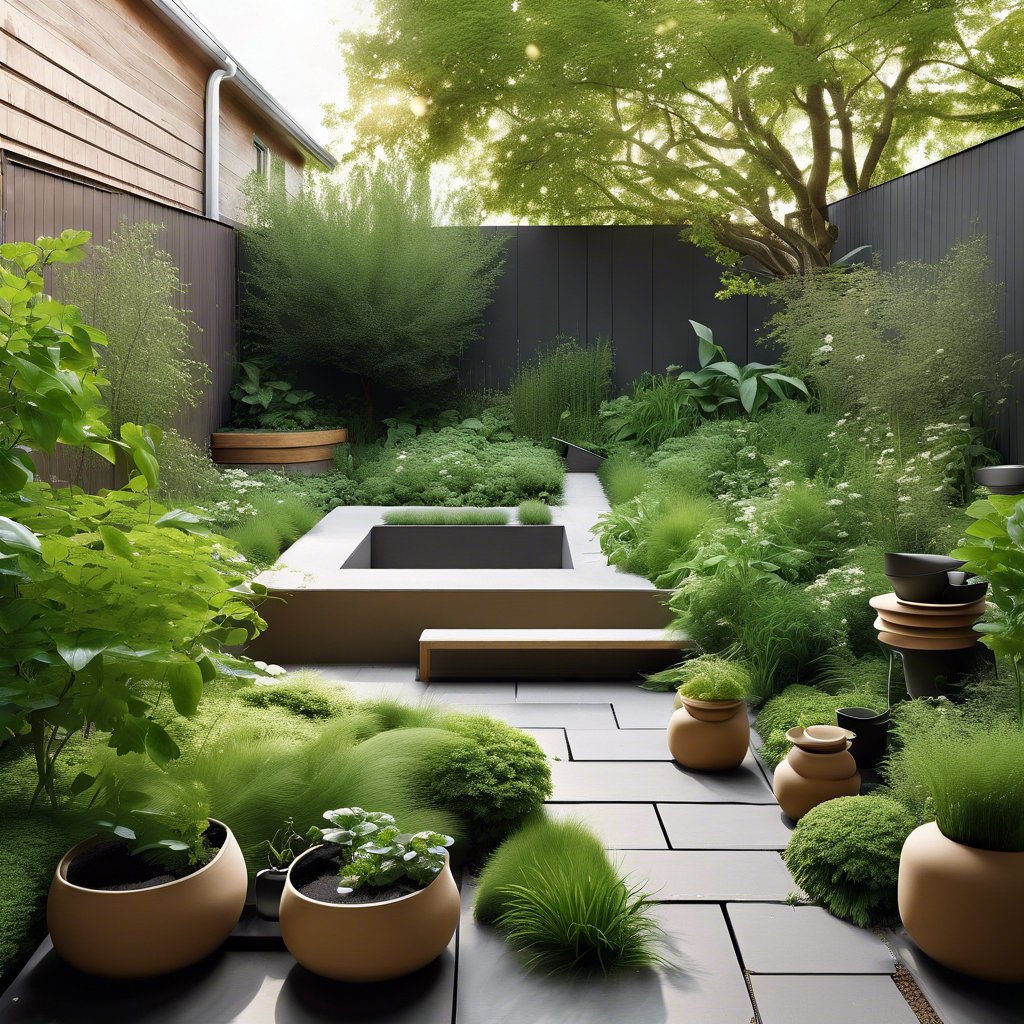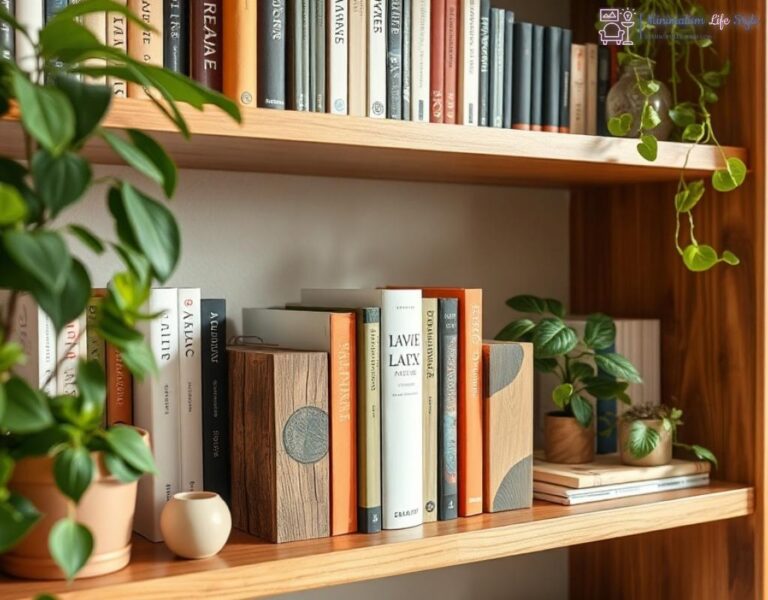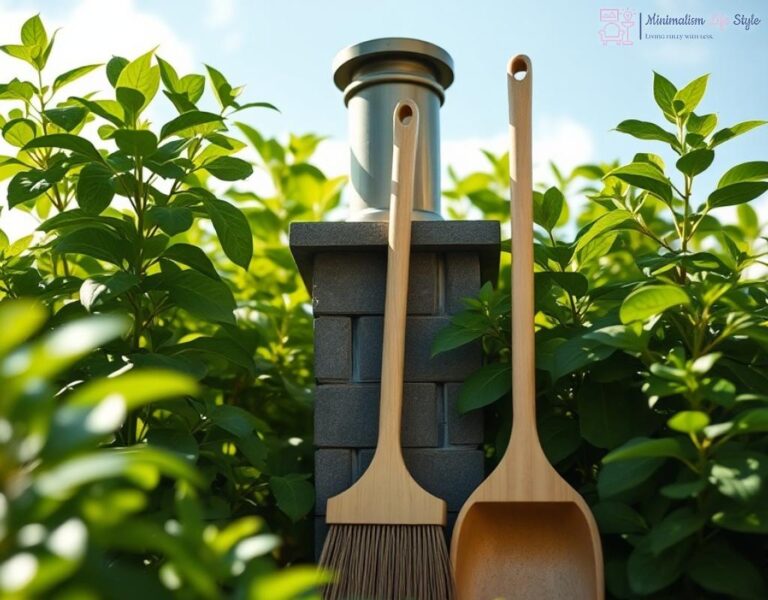Understanding Eco-Minimalism in Gardening

In a world where consumerism often overshadows sustainability, eco-minimalist gardening emerges as a beacon of hope. This innovative approach encourages gardeners to focus on essentials, maximizing their yield while minimizing resource use. By adopting eco-minimalism, you not only cultivate a thriving garden but also contribute to environmental stewardship. Imagine a colorful garden flourishing with life, all while using fewer resources than ever before!
Choosing the Right Plants for Your Space
One of the cornerstones of eco-minimalist gardening is selecting plants that require minimal care and resources. Native plants are often the best choice, as they are adapted to local conditions and demand less water and fertilizer. Additionally, consider drought-resistant varieties, which thrive in low-water conditions. This not only conserves water but also attracts beneficial wildlife, creating a vibrant ecosystem in your garden.
Here’s a list of some excellent plants to consider:
- Lavender: Drought-tolerant and aromatic, perfect for attracting pollinators.
- Succulents: Low maintenance and available in various shapes and colors.
- Bee Balm: A hardy perennial that supports local bee populations.
- Yarrow: Known for its resilience, it can thrive in poor soil and attracts beneficial insects.
Innovative Gardening Techniques to Save Resources
Embracing innovative gardening techniques is vital for eco-minimalism. Techniques such as permaculture, companion planting, and organic mulching not only enhance the growth of plants but also significantly reduce the need for chemical fertilizers and pesticides. By creating a balanced ecosystem, you can ensure that your garden remains fertile and productive with minimal input.
Moreover, consider methods like rainwater harvesting and composting kitchen scraps to further reduce resource consumption. These practices not only contribute to a sustainable garden but also foster a deep connection with nature, allowing you to witness the benefits of your efforts firsthand. In essence, eco-minimalist gardening is not just about growing plants; it’s about nurturing a lifestyle that respects and honors our natural world.




